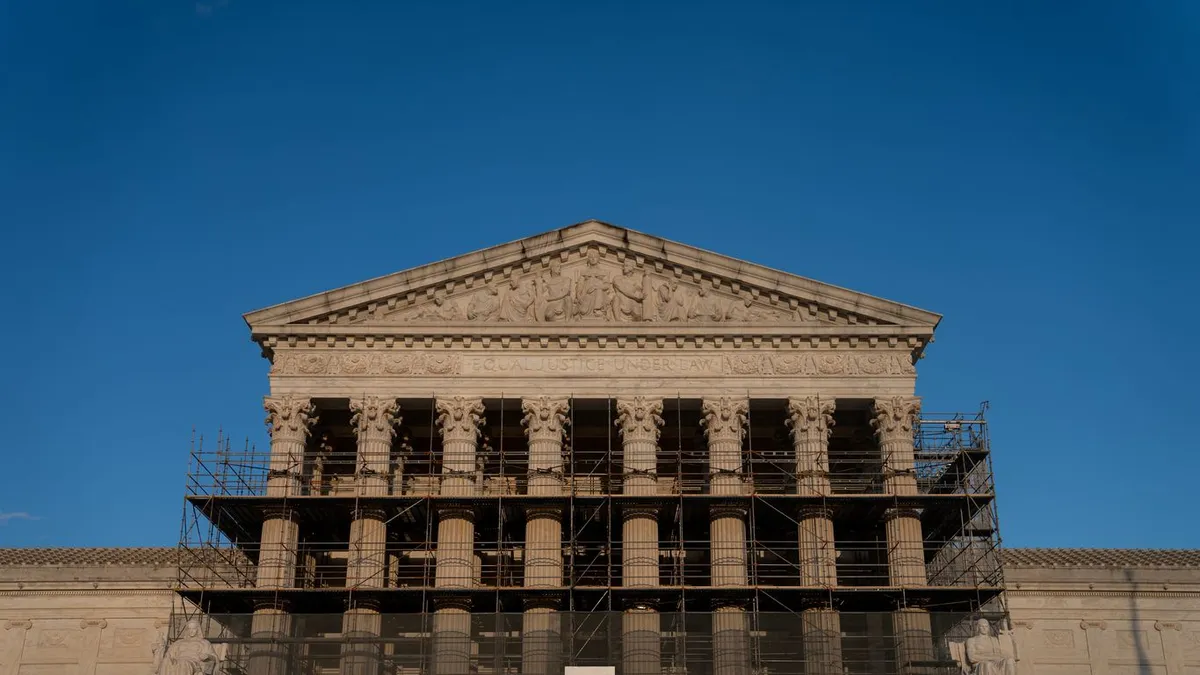
The Supreme Court justices demonstrated a strong inclination on Monday to maintain the Affordable Care Act's requirement mandating that insurers provide coverage for certain recommended preventive services at no cost to consumers. This decision holds significant implications for approximately 150 million Americans with private health insurance who rely on these essential services.
The core of this legal debate revolves around access to crucial services such as no-cost screenings, diagnostic tests, and treatments, including HIV medications and counseling. The outcome of this case will directly impact the availability of these preventive services, which are vital for maintaining public health and preventing diseases.
During the oral arguments presented on Monday, the justices examined the constitutionality of the federal task force responsible for determining which preventive services are covered under the Affordable Care Act. The Trump administration, defending the task force, asserted that the Secretary of Health and Human Services possesses adequate oversight over its members and the recommendations they produce.
Conversely, attorneys representing Christian-owned companies, who are challenging the mandate, contended that the task force imposes unconstitutional coverage requirements. They argue that the members of this task force are not politically appointed, which raises concerns regarding the legitimacy and authority of their decisions.
Justice Brett Kavanaugh and Justice Amy Coney Barrett appeared to express skepticism towards the companies' arguments. Justice Kavanaugh pointed out that the companies' perspective frames the task force as a highly influential agency with unreviewable authority over critical economic decisions. Kavanaugh remarked, “Normally, before that kind of thing would happen, Congress would have provided stronger indications that this task force is enormously important in the American economy, and would have treated it such.” His comments highlight the necessity for clearer legislative backing when it comes to such significant health care mandates.
As the case progresses, the implications of the Supreme Court’s decision will be closely monitored, especially regarding its potential effects on the accessibility of preventive health services for millions of Americans.